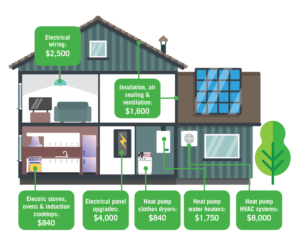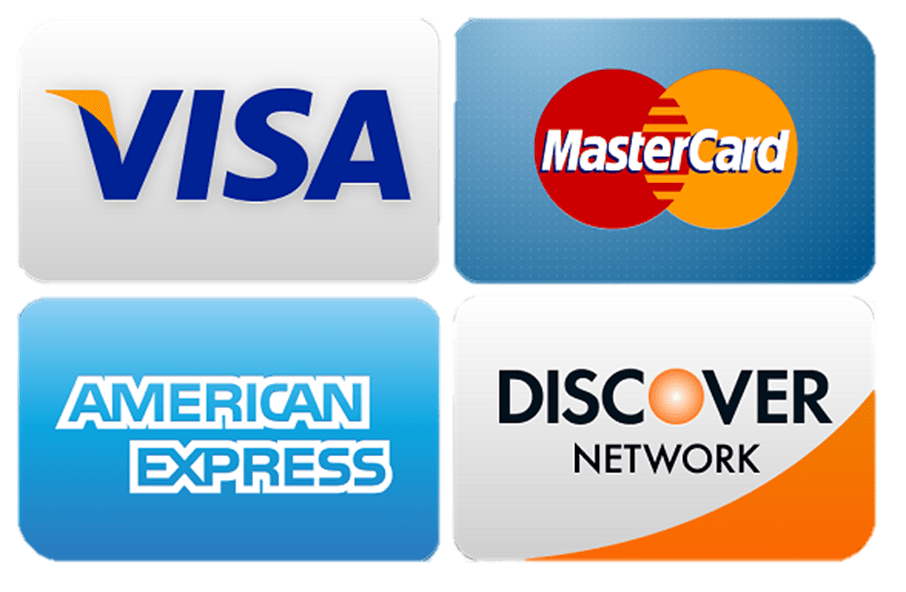HVAC Industry News and Updates: Staying Informed
As the HVAC industry continues to evolve and adapt to new regulations and advancements, it’s crucial for professionals and consumers alike to stay informed about the latest news and updates. In this blog post, we will explore some of the key developments in the HVAC industry, including new efficiency standards, government incentives, and emerging technologies.
New Efficiency Standards
Efficiency standards play a vital role in the HVAC industry, as they promote energy conservation and help reduce greenhouse gas emissions. Keeping up with the latest efficiency standards ensures that HVAC systems are designed and installed to operate at their highest efficiency, benefiting both the environment and consumers.
Recently, there have been significant updates in efficiency standards for various HVAC equipment, such as air conditioners, heat pumps, and furnaces. These updates aim to improve the overall energy performance of HVAC systems, leading to lower energy bills for consumers and a reduced carbon footprint.
By staying informed about these new efficiency standards, HVAC professionals can ensure they are offering the most efficient and cost-effective solutions to their clients. Additionally, consumers can make informed decisions when purchasing HVAC equipment, considering both energy efficiency and long-term savings.
Government Incentives

Government incentives play a crucial role in promoting the adoption of energy-efficient HVAC systems. These incentives can take the form of tax credits, rebates, or grants, making energy-efficient upgrades more affordable for both residential and commercial customers.
It’s important for HVAC professionals and consumers to stay updated on the availability of these incentives, as they can significantly reduce the upfront costs of upgrading to more efficient HVAC systems. By taking advantage of these incentives, individuals and businesses can not only save money but also contribute to a greener and more sustainable future.
Government programs and initiatives are constantly evolving, so it’s essential to stay informed about the latest updates and eligibility criteria. This information can usually be found on government websites or through local energy efficiency programs.
Government incentives can play a significant role in promoting energy efficiency and sustainability in the HVAC industry. Here are some common types of government incentives that may be available to encourage homeowners and businesses to invest in energy-efficient HVAC systems:
1. **Tax Credits:** Many governments offer tax credits for homeowners or businesses that purchase and install energy-efficient HVAC systems. These credits can help offset the upfront cost of purchasing and installing a high-efficiency system.
2. **Rebates:** Utility companies and government agencies often offer rebates for the purchase of energy-efficient HVAC equipment. These rebates can provide a financial incentive for consumers to choose more efficient systems.
3. **Grants:** Some government programs offer grants to homeowners, businesses, or organizations looking to invest in energy-efficient HVAC systems. These grants can help cover a portion of the costs associated with purchasing and installing new equipment.
4. **Low-Interest Loans:** In some cases, governments may offer low-interest loans or financing options for energy-efficient home improvements, including HVAC upgrades. These loans can help make energy-efficient upgrades more affordable for consumers.
5. **PACE Programs:** Property Assessed Clean Energy (PACE) programs allow property owners to finance energy-efficient upgrades, including HVAC systems, through a special assessment on their property taxes. This can help spread out the cost of upgrades over time.
6. **Utility Incentive Programs:** Many utility companies offer incentive programs to encourage customers to upgrade to more energy-efficient HVAC systems. These programs may include rebates, discounts, or other incentives for installing high-efficiency equipment.
7. **Energy Star Certification:** Some governments provide incentives for choosing HVAC systems that are Energy Star certified. Energy Star is a program that identifies and promotes energy-efficient products, including HVAC systems, that meet certain performance criteria.
It’s important to check with local, state, and federal government agencies, as well as utility companies, to find out what specific incentives are available in your area. These incentives can help make energy-efficient HVAC upgrades more affordable and attractive for consumers, ultimately leading to reduced energy consumption and environmental impact.
Emerging Technologies

One example of an emerging technology in the HVAC industry is smart thermostats. These thermostats utilize advanced sensors and algorithms to optimize temperature settings based on occupancy and weather conditions. By intelligently controlling HVAC systems, smart thermostats can significantly reduce energy consumption and enhance comfort.
Another emerging technology is the use of geothermal heat pumps, which utilize the stable temperature of the earth to provide heating and cooling. These systems offer high energy efficiency and can help reduce reliance on fossil fuels.
By keeping an eye on emerging technologies, HVAC professionals can stay ahead of the curve and offer cutting-edge solutions to their clients. Similarly, consumers can benefit from these advancements by investing in HVAC systems that provide superior comfort and energy efficiency.
Conclusion
Staying informed about the latest news, regulations, and developments in the HVAC industry is crucial for both professionals and consumers. By keeping up with new efficiency standards, government incentives, and emerging technologies, individuals can make informed decisions that benefit both their wallets and the environment.
Whether you’re an HVAC professional or a consumer looking to upgrade your HVAC system, staying informed is the key to making the right choices. Regularly checking industry news sources, government websites, and consulting with knowledgeable professionals can help you navigate the ever-changing landscape of the HVAC industry.
Eco Friendly Air Conditioning and Heating Las Vegas, NV
Resources:
Award Winning Technologies for 2024:
Modular Packaged Commercial Refrigeration Systems









